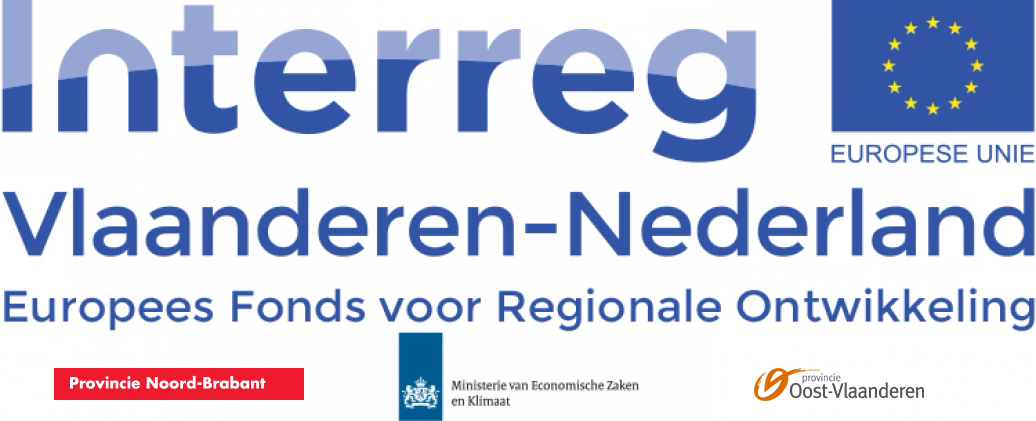GREENER

This project aims to contribute to a more sustainable world. On the one hand, we will develop polymers that have the same properties as the widespread water-soluble polymer polyacrylic acid, but have the great advantage that they are both bio-based and biodegradable, characteristics that polyacrylic acid does not yet meet.
Objective
At present, it is still far too common for plastics such as polyacrylic acid to be incinerated after use or dumped in landfills or oceans, where they contribute to the microplastic contamination as polyacrylic acid is not biodegradable. The alternative polymer that will be developed in this project has the great advantage that it is biodegradable and when degraded, non-toxic, natural substances are released.
The aim of this project is to valorize this new, polyacrylic acid replacement polymer platform in a wide range of applications, ranging from superabsorbents in concrete, biomedical materials, cosmetics applications, paper processing and coatings.
Background
Microplastics are ubiquitous and are a growing problem for the environment. Everyone has heard of the "plastic soup" in the oceans because plastic waste breaks down into small particles that accumulate in water, for example, and then unwantedly end up in our food chain because animals and plankton consume the micro plastics.
Project partners
- Environment and resources pillar 3B: innovation of products/service/applications/processes to improve environmental protection and resource efficiency
- Out of a total budget of € 1,547,000, Interreg contributes € 773,500.01 (50%)
- Project period: 1/5/2019 - 30/4/2020
- Project manager: Maastricht University